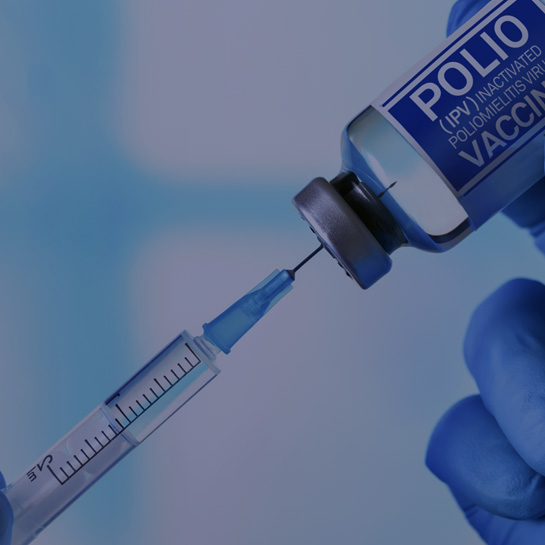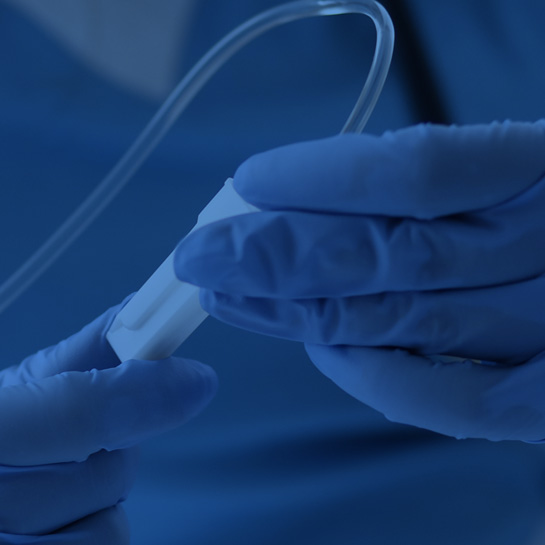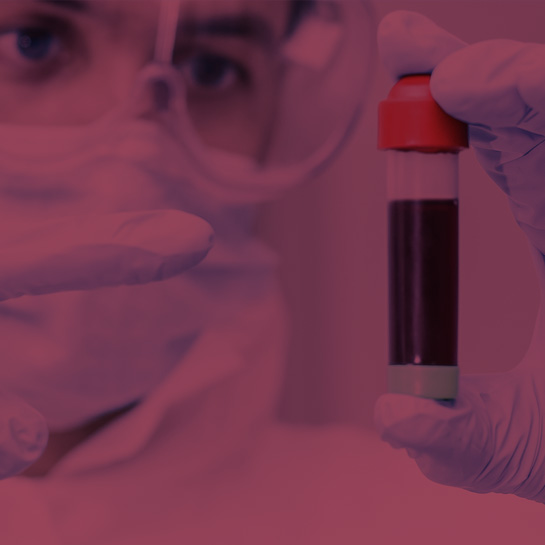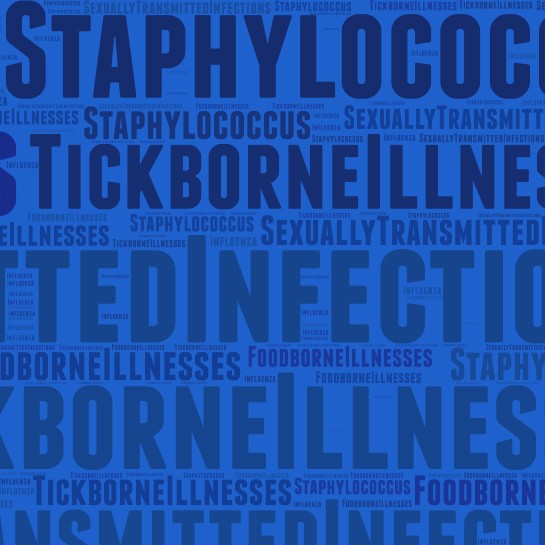Klebsiella pneumoniae
Treatment
What are Klebsiella pneumoniae?
Klebsiella pneumoniae are usually harmless bacteria that naturally live in your intestines. However, if they reach other parts of your body — especially if you’re already sick and in a hospital setting — they can be very dangerous. The Klebsiella infection spreads from direct, person-to-person contact, most of the time in hospitals, nursing homes, or other crowded places where there are many ill individuals. Sometimes called “superbugs,” Klebsiella pneumoniae can cause pneumonia and wound infections, and can become almost impossible to fight with conventional antibiotics. While healthy people don’t usually get the Klebsiella pneumoniae infection, those who have health problems like alcoholism, cancer, diabetes, kidney failure, and liver or lung disease are at a higher risk. If you’re taking certain antibiotics for an extended time, your chances of developing the infection are also higher.
What are the symptoms of Klebsiella pneumoniae?
If the Klebsiella pneumoniae bacteria gives you pneumonia, you may experience fever, cough, chest pain, trouble breathing, and mucus which may be thick and bloody. However, if the bacteria attack other parts of your body, such as a surgical wound, you can also develop infections in your blood, brain (meningitis), heart, skin (cellulitis), or urinary tract (UTI).
How does ID Care diagnose Klebsiella pneumoniae?
Klebsiella pneumoniae infection is diagnosed when culture tests identify the bacteria from a particular organ or body fluid.
How does ID Care treat Klebsiella pneumoniae?
Treatment for Klebsiella infections depends on its severity and the places in the body where the bacteria spread to. Most of the time, the best course of treatment is a regimen of antibiotics, but if your infection is resistant to antibiotics, other measures will be taken — usually a different, stronger class of medication. Sometimes drainage of sites of infection are needed. Most people who develop a Klebsiella infection will recover fully, but, as with other infectious diseases, the right treatment by the right specialists is crucial.
SOURCES: Centers for Disease Control and Prevention (CDC); WebMD; Verywell Health; ScienceDirect








